5-HTP / Griffonia simplicifolia
5-HTP is a substance that our body produces to a small extent from the amino acid tryptophan. It is best known for its link with serotonin. Serotonin is also often referred to as the happiness hormone because it is an important regulator of mood, self-confidence, appetite and sleep. The conversion of tryptophan to 5-HTP is very limited in our body. For this reason, many people opt for a 5-HTP supplement.
5-HTP is also known as:
5-hydroxytryptophan
Oxitriptan
Griffonia simplicifolia extract

Functions of 5-HTP
Unfortunately, due to European legislation, we cannot describe all the effects and functions of this product. Not even if these have been confirmed by research. Nevertheless, we do our best to provide you with as much relevant information as possible.
5-HTP has been a popular supplement for quite some time now. This is not surprising given that there has been a lot of research on the effects of this supplement [1][2][3][4][5][6][7][8][15][16][17]. Its effects have made it especially popular in the mood-enhancing and sleep-promoting supplement category. Some people also use it in combination with fatburners, given the effect of this supplement [10][11][12][13][14]. 5-HTP may have many other functions that require further investigation [18][19][20][21][22][23].
Who can use 5-HTP ?
5-HTP is mainly used by people looking for a suitable product in the category of mood-enhancing and sleep-promoting supplements. It is also often used in combination with fatburners. Due to its different functions, it is an interesting supplement for different people.
How should I use 5-HTP ? / Dosages
Each 5-HTP order contains a 50mg scoop to help you dose. The amount you use, should depend on the desired effect.
Mood
When used as a mood enhancement supplement, 50-200mg per day is recommended. This may be spread over 3 doses during the day. For a optimal effect, it should be consumed during a meal. It should be used for at least one week for a clearly noticeable effect [24].
Weight management
When used as a weight management supplement, 50-200mg per day is recommended. This may be spread over 3 doses during the day. For a optimal effect, it should be consumed approximately 30 minutes before a meal.
Sleep
When used as a sleep improvement supplement, 25mg-100mg is recommended. One dose should be taken approximately 30-45 minutes before going to sleep.
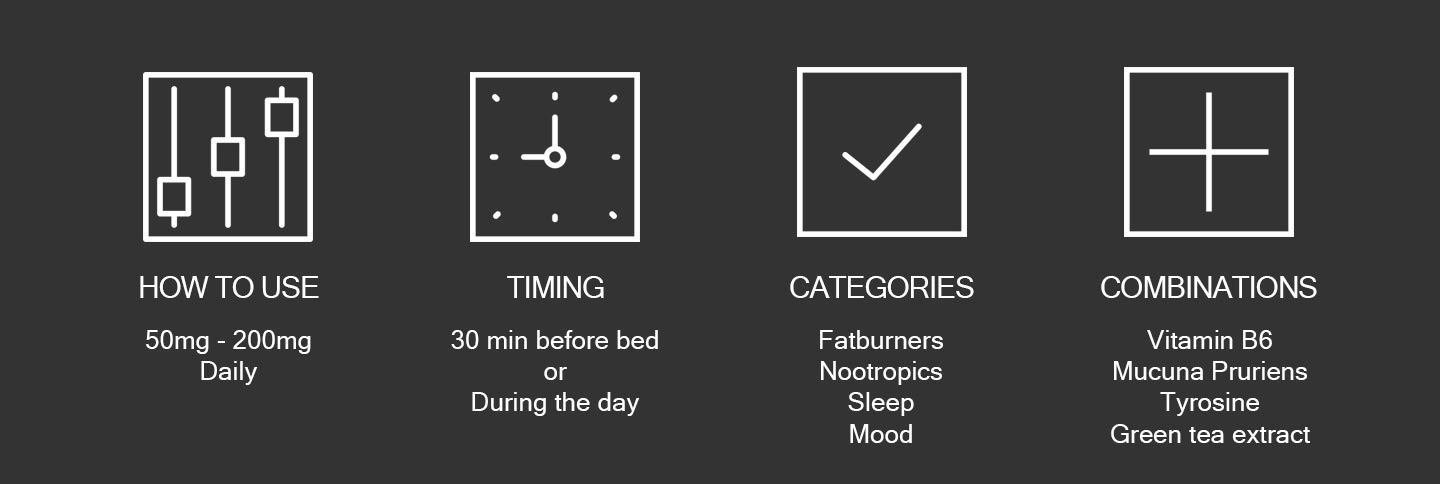
Stacking / combining
It is often recommended to use 5-HTP in combination with an EGCG supplement, usually green tea extract is chosen for this. It is argued that the green tea extract makes the effects possibly more noticeable, and the chance of possible side effects less. It is also often recommended to use vitamin B6. Vitamin B6 may contribute to the efficiency of 5-HTP [32].
It can also be combined well with Mucuna Pruriens (L-Dopa) or tyrosine. It is often combined with Mucuna Pruriens (L-Dopa) or tyrosine since this can potentially enhance the effects. This is possible because Mucuna Pruriens and tyrosine are related to our dopamine level. This may allow a good balance between dopamine and serotonin to be achieved.
This supplement can also be combined with various other supplements without any problems. For example, it can be combined with protein powder, creatine, vitamins and BCAAs. However, this product should not be used in combination with other serotonin affecting products such as tryptophan or antidepressants. This can cause an excessive influence on serotonin with possible side effects as a result.
Where does 5-HTP come from ?
5-HTP supplements are made from the seeds of an African shrub known as Griffonia simplicifolia [25]. In addition, 5-HTP is found to a very small extent in our food. A certain amount of 5-HTP is also produced in our body by the amino acid tryptophan. However, this amount is only minor.
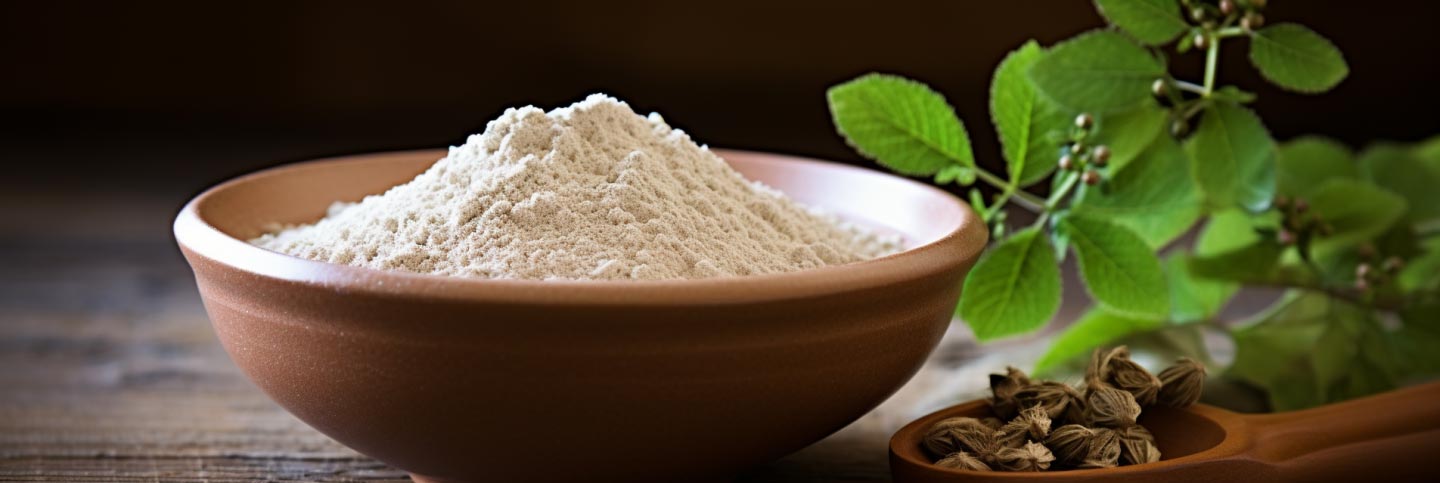
Safety & competitive use
Safety
At normal dosages, this supplement has been shown to be safe with virtually no side effects [26][27][28][29][30]. Nevertheless, recommended dosages should not be exceeded. Serious side effects can occur if the recommended amount is exceeded.
Correct use
A dietary supplement can contribute to a healthy and active lifestyle. However, it should not be a substitute for a healthy lifestyle and a varied diet. The recommended dosage should not be exceeded, since side effects may occur otherwise. Temporary side effects of 5-HTP can include: palpitations, stomach pain, nausea, mood swings, and sleepiness. In rare cases, these side effects can also occur with normal doses. If unwanted side effects occur, consumption should be discontinued.
As with any supplement, we advise users to consult a physician before use. In particular if you use medication or have health complaints. This product should not be used in combination with other serotonin enhancers such as tryptophan. Furthermore, it should not be combined with antidepressants, as these often function by increasing serotonin. In addition, this supplement should not be used by women who are pregnant or breastfeeding. Furthermore, this product should not be used by persons under 18 years of age and must be kept out of the reach of children. Keep this product in a cool and dry place to maintain the quality.
References
- Turner, E. H., Loftis, J. M., & Blackwell, A. D. (2006). Serotonin a la carte: supplementation with the serotonin precursor 5-hydroxytryptophan. Pharmacology & therapeutics, 109(3), 325-338.
- Berger, M., Gray, J. A., & Roth, B. L. (2009). The expanded biology of serotonin. Annual review of medicine, 60, 355-366.
- Cowen, P. J., & Browning, M. (2015). What has serotonin to do with depression?. World Psychiatry, 14(2), 158.
- Albert, P. R., & Benkelfat, C. (2013). The neurobiology of depression—revisiting the serotonin hypothesis. II. Genetic, epigenetic and clinical studies.
- Van Hiele, L. J. (1980). L-5-hydroxytryptophan in depression: the first substitution therapy in psychiatry?. Neuropsychobiology, 6(4), 230-240.
- Kious, B. M., Sabic, H., Sung, Y. H., Kondo, D. G., & Renshaw, P. (2017). An open-label pilot study of combined augmentation with creatine monohydrate and 5-hydroxytryptophan for SSRI-or SNRI-resistant depression in adult women. Journal of clinical psychopharmacology, 37(5), 578.
- Van Praag, H. M., Korf, J., Dols, L. C. W., & Schut, T. (1972). A pilot study of the predictive value of the probenecid test in application of 5-hydroxytryptophan as antidepressant. Psychopharmacologia, 25(1), 14-21.
- van PRAAG, H. M., & Korf, J. (1974). 5-hydroxytryptophan as an antidepressant: The predictive value of the probenecid test. Journal of Nervous and Mental Disease.
- Shaw, K. A., Turner, J., & Del Mar, C. (2002). Tryptophan and 5‐hydroxytryptophan for depression. Cochrane Database of Systematic Reviews, (1).
- Rondanelli, M., Klersy, C., Iadarola, P., Monteferrario, F., & Opizzi, A. (2009). Satiety and amino-acid profile in overweight women after a new treatment using a natural plant extract sublingual spray formulation. International journal of obesity, 33(10), 1174-1182.
- Rondanelli, M., Opizzi, A., Faliva, M., Bucci, M., & Perna, S. (2012). Relationship between the absorption of 5-hydroxytryptophan from an integrated diet, by means of Griffonia simplicifolia extract, and the effect on satiety in overweight females after oral spray administration. Eating and Weight Disorders-Studies on Anorexia, Bulimia and Obesity, 17(1), e22-e28.
- Ceci, F., Cangiano, C., Cairella, M., Cascino, A., Del Ben, M., Muscaritoli, M., … & Fanelli, F. R. (1989). The effects of oral 5-hydroxytryptophan administration on feeding behavior in obese adult female subjects. Journal of neural Transmission, 76(2), 109-117.
- Cangiano, C., Laviano, A., Del Ben, M., Preziosa, I., Angelico, F., Cascino, A., & Rossi-Fanelli, F. (1998). Effects of oral 5-hydroxy-tryptophan on energy intake and macronutrient selection in non-insulin dependent diabetic patients. International journal of obesity, 22(7), 648-654.
- Cangiano, C., Ceci, F., Cascino, A., Del Ben, M., Laviano, A., Muscaritoli, M., … & Rossi-Fanelli, F. (1992). Eating behavior and adherence to dietary prescriptions in obese adult subjects treated with 5-hydroxytryptophan. The American journal of clinical nutrition, 56(5), 863-867.
- Hong, K. B., Park, Y., & Suh, H. J. (2016). Sleep-promoting effects of a GABA/5-HTP mixture: Behavioral changes and neuromodulation in an invertebrate model. Life sciences, 150, 42-49.
- Hong, K. B., Park, Y., & Suh, H. J. (2016). Sleep-promoting effects of the GABA/5-HTP mixture in vertebrate models. Behavioural brain research, 310, 36-41.
- Shell, W., Bullias, D., Charuvastra, E., May, L. A., & Silver, D. S. (2010). A randomized, placebo-controlled trial of an amino acid preparation on timing and quality of sleep. American journal of therapeutics, 17(2), 133-139.
- Jukić, T., Rojc, B., Boben-Bardutzky, D., Hafner, M., & Ihan, A. (2011). The use of a food supplementation with D-Phenylalanine, L-Glutamine and L-5-Hydroxytriptophan in the alleviation of alcohol withdrawal symptoms. Collegium antropologicum, 35(4), 1225-1230.
- Speroff, L., Gass, M., Constantine, G., & Olivier, S. (2008). Efficacy and tolerability of desvenlafaxine succinate treatment for menopausal vasomotor symptoms: a randomized controlled trial. Obstetrics & Gynecology, 111(1), 77-87.
- Freedman, R. R. (2010). Treatment of menopausal hot flashes with 5-hydroxytryptophan. Maturitas, 65(4), 383-385.
- Freedman, R. R., & Wasson, S. (2007). Miniature hygrometric hot flash recorder. Fertility and sterility, 88(2), 494-496.
- Miller, H. E. J., Deakin, J. F. W., & Anderson, I. M. (2000). Effect of acute tryptophan depletion on CO 2-induced anxiety in patients with panic disorder and normal volunteers. The British Journal of Psychiatry, 176(2), 182-188.
- Schruers, K., Klaassen, T., Pols, H., Overbeek, T., Deutz, N. E., & Griez, E. (2000). Effects of tryptophan depletion on carbon dioxide provoked panic in panic disorder patients. Psychiatry research, 93(3), 179-187.
- Shaw, K. A., Turner, J., & Del Mar, C. (2002). Tryptophan and 5‐hydroxytryptophan for depression. Cochrane Database of Systematic Reviews, (1).
- Fellows, L. E., & Bell, E. A. (1970). 5-Hydroxy-L-tryptophan, 5-hydroxytryptamine and L-tryptophan-5-hydroxylase in Griffonia simplicifolia. Phytochemistry, 9(11), 2389-2396.
- Aliño, J. L. I., Gutierrez, J. A., & Iglesias, M. M. (1976). 5-Hydroxytryptophan (5-HTP) and a MAOI (nialamide) in the treatment of depressions. International pharmacopsychiatry, 11, 8-15.
- Kline, N., & Sacks, W. (1980). Treatment of depression with an MAO inhibitor followed by 5‐HTP—An unfinished research project. Acta Psychiatrica Scandinavica, 61(S280), 233-241.
- Nicolodi, M., & Sicuteri, F. (1996). Fibromyalgia and migraine, two faces of the same mechanism. In Recent Advances in Tryptophan Research (pp. 373-379). Springer, Boston, MA.
- Quadbeck, H., Lehmann, E., & Tegeler, J. (1984). Comparison of the antidepressant action of tryptophan, tryptophan/5-hydroxytryptophan combination and nomifensine. Neuropsychobiology, 11(2), 111-115.
- Nardini, M., De Stefano, R., Iannuccelli, M., Borghesi, R., & Battistini, N. (1983). Treatment of depression with L-5-hydroxytryptophan combined with chlorimipramine, a double-blind study. International journal of clinical pharmacology research, 3(4), 239-250.
- Hinz, M., Stein, A., & Uncini, T. (2012). 5-HTP efficacy and contraindications. Neuropsychiatric disease and treatment, 8, 323.
- Hartvig, P., Lindner, K. J., Bjurling, P., Långström, B., & Tedroff, J. (1995). Pyridoxine effect on synthesis rate of serotonin in the monkey brain measured with positron emission tomography. Journal of Neural Transmission/General Section JNT, 102(2), 91-97.
Author

| Weight | N/A |
|---|---|
| Ingredient | Griffonia simplicifolia extract (98% 5-HTP) |
| Serving size | Consume 1-4 leveled scoops (50mg-200mg) daily. Mix with ~100ml of water or juice. The recommended intake moment is 30 minutes before going to bed, or throughout the day. |
| Allergens | None |
| Suitable for | Non-vegetarians, vegetarians and vegans |
| Warning | Food supplements shouldn't replace a varied, balanced diet and a healthy lifestyle. Do not exceed the recommended daily intake. Store cool, dry and keep out of reach of children. Do not use during pregnancy or lactating. Do not use in combination with other serotonin enhancers or antidepressants. Always consult a docter before you start using a dietary supplement, especially if you use medication or have health problems. |


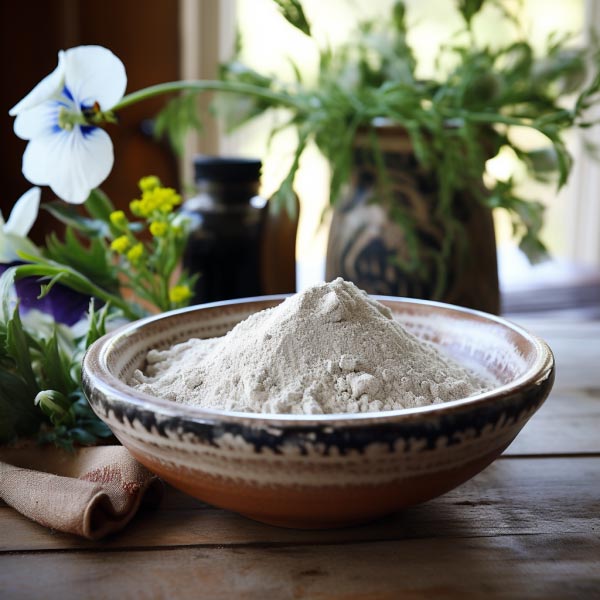

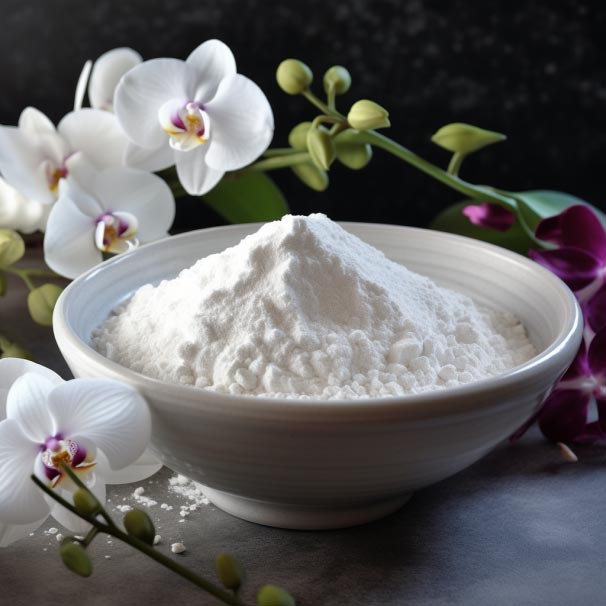
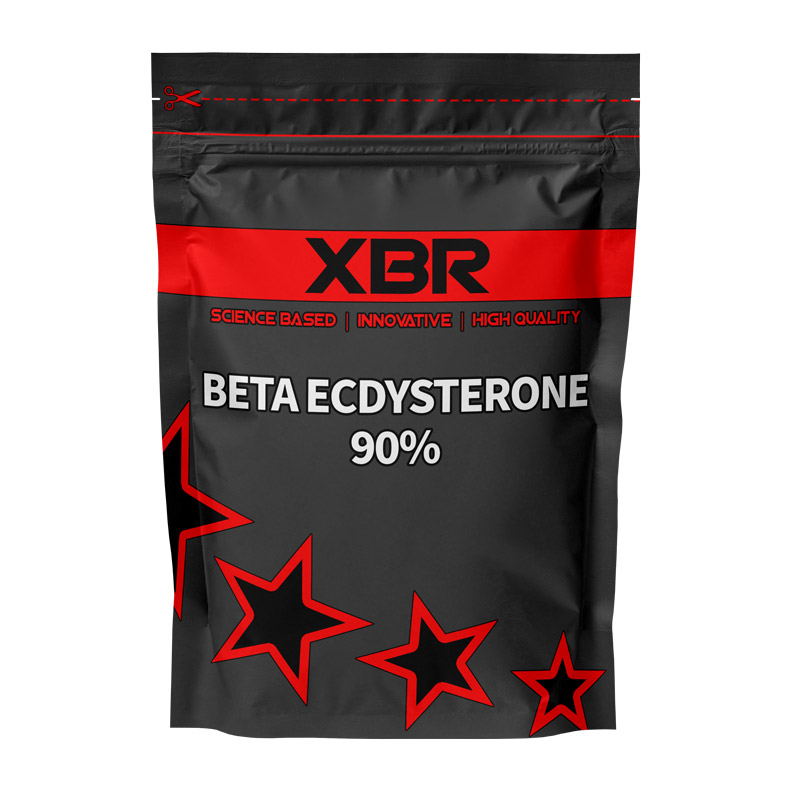
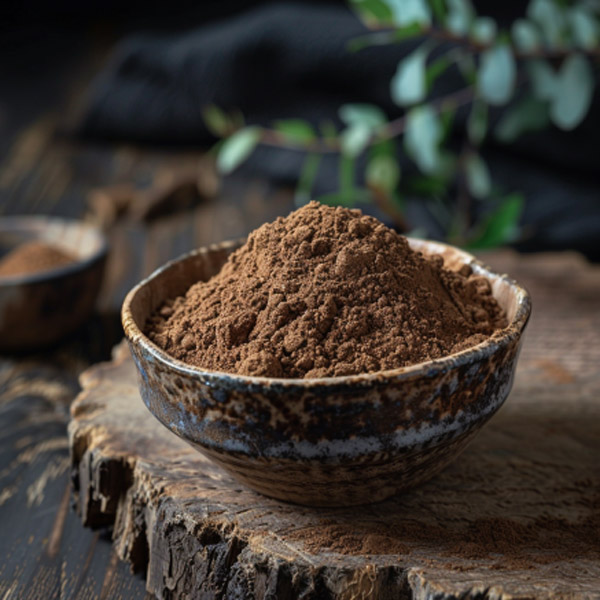

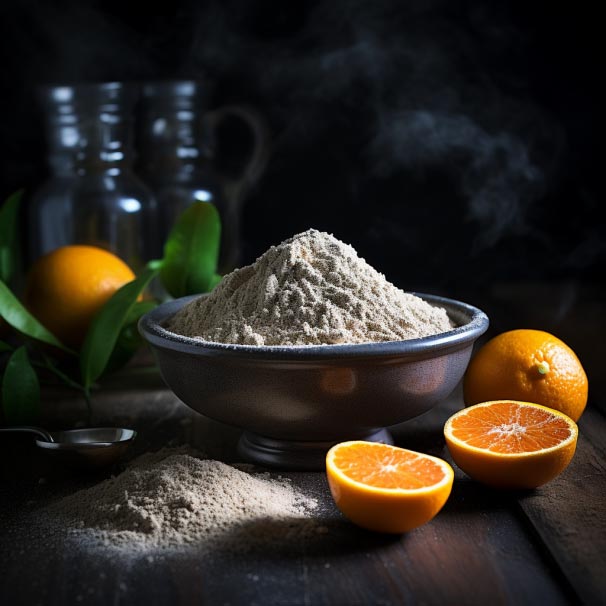
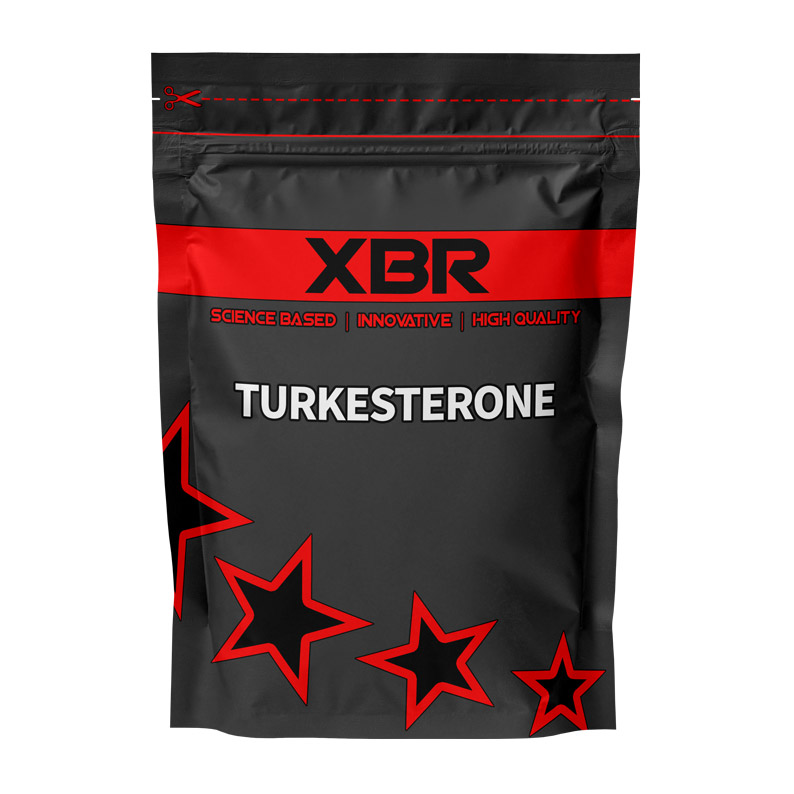
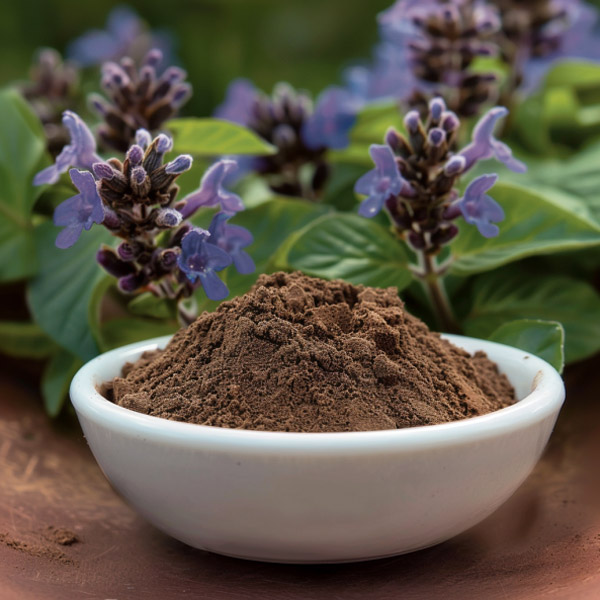
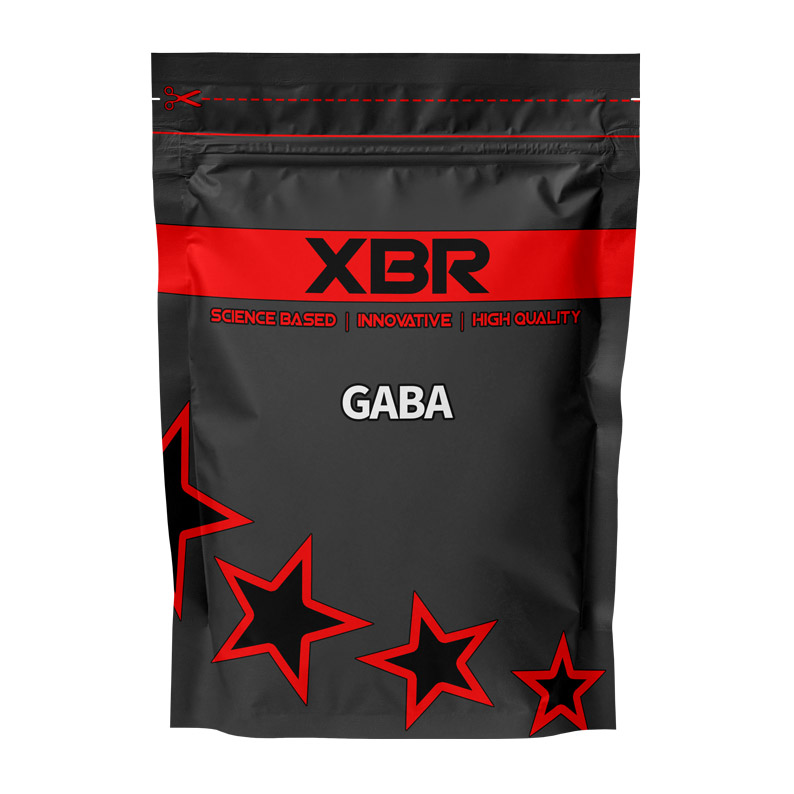
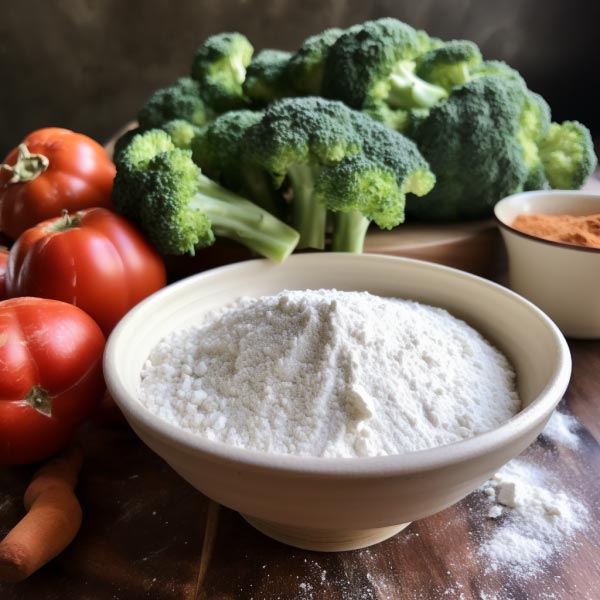
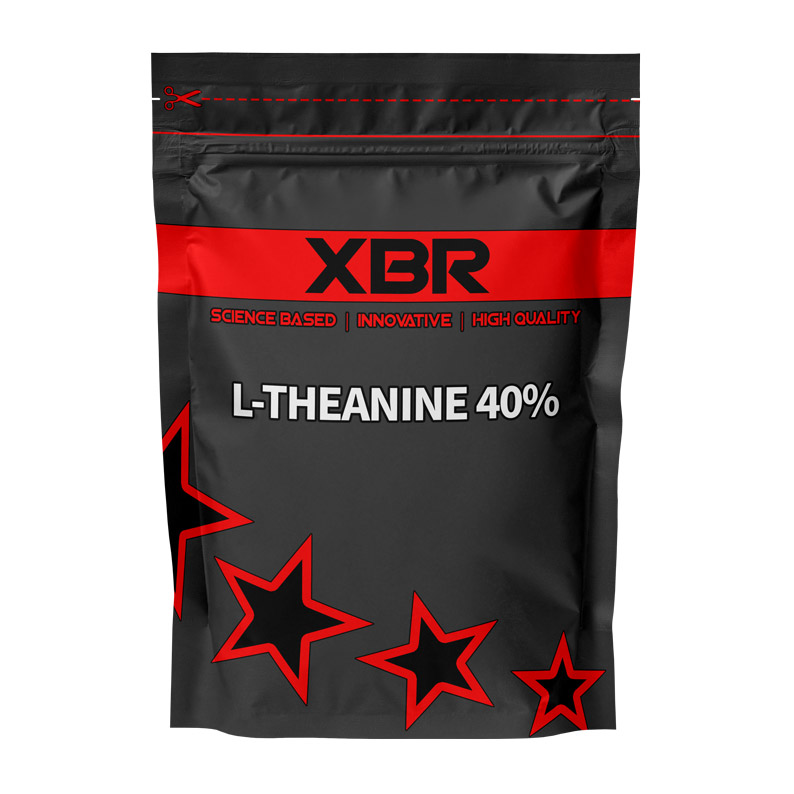
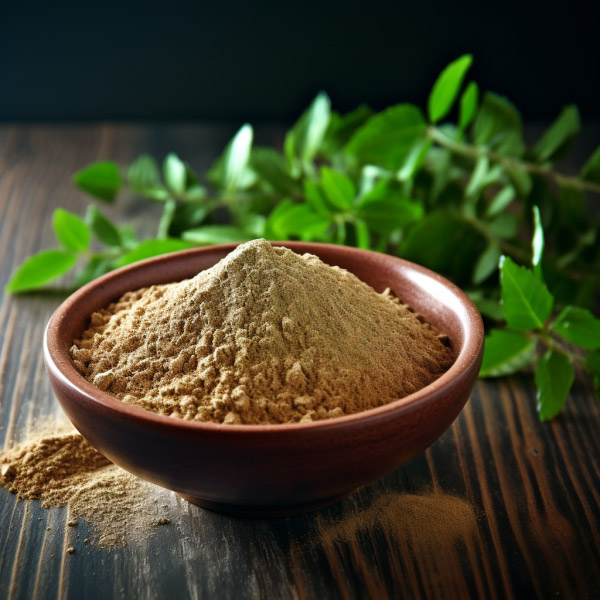
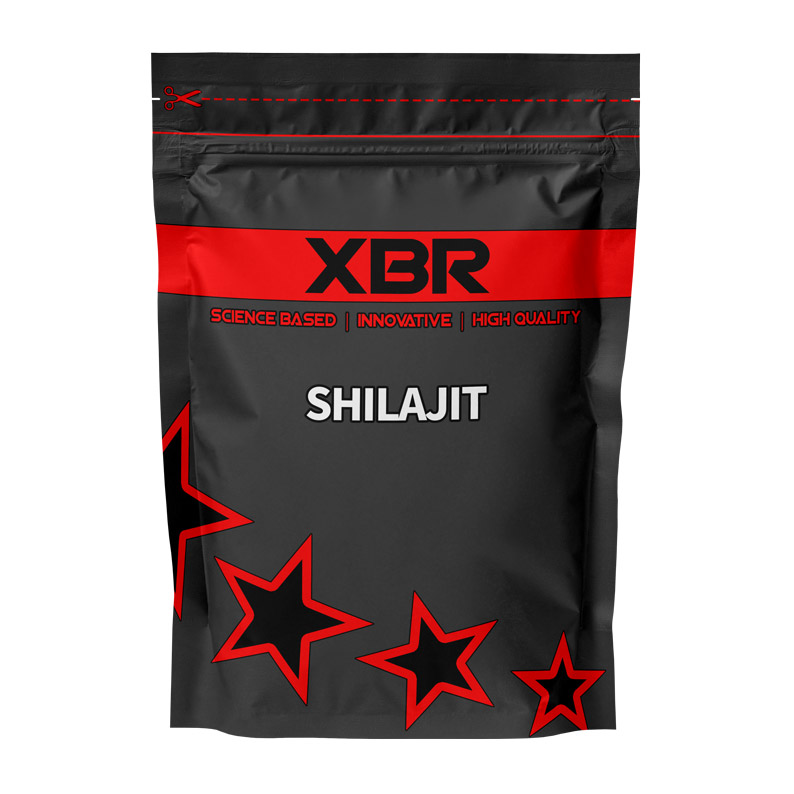
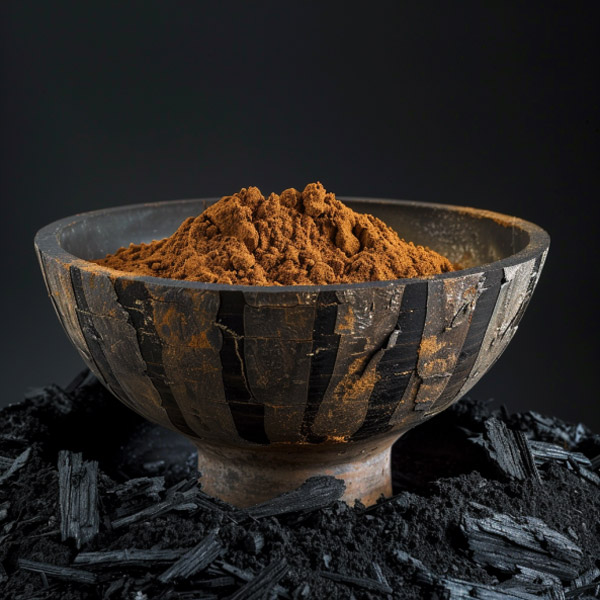

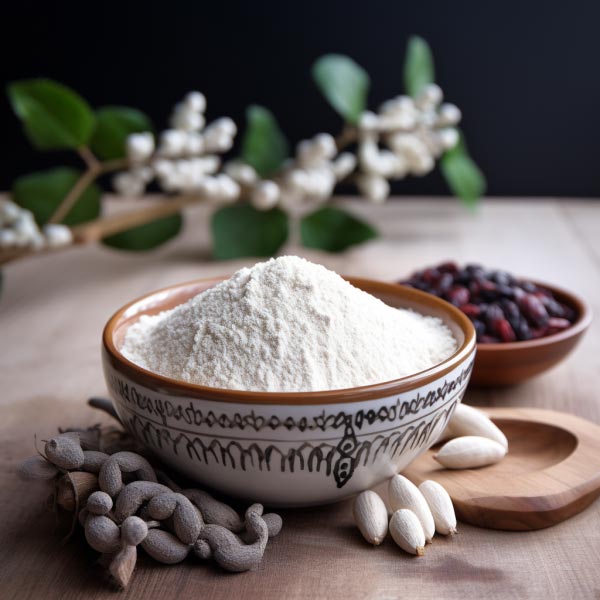
Reviews
There are no reviews yet.